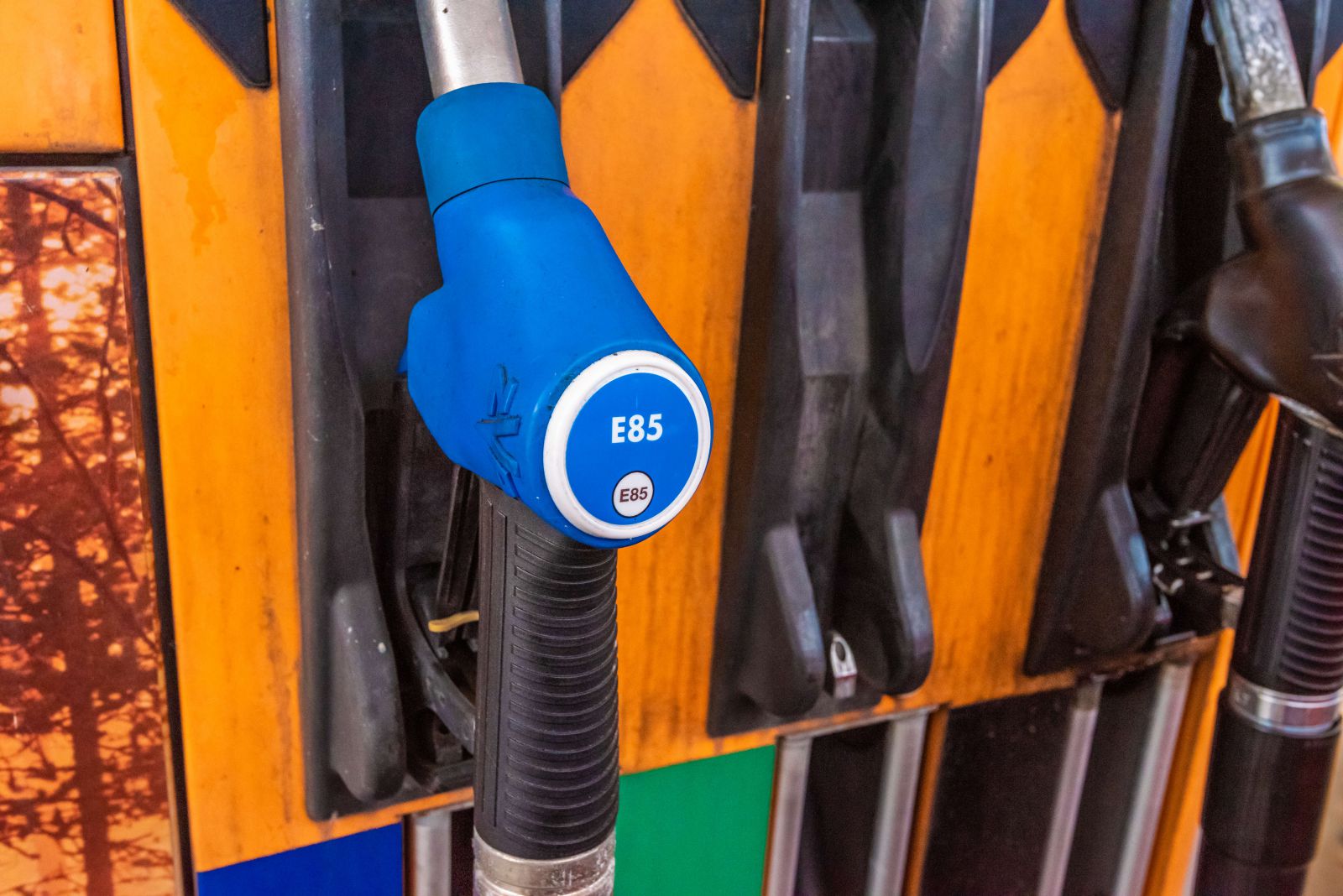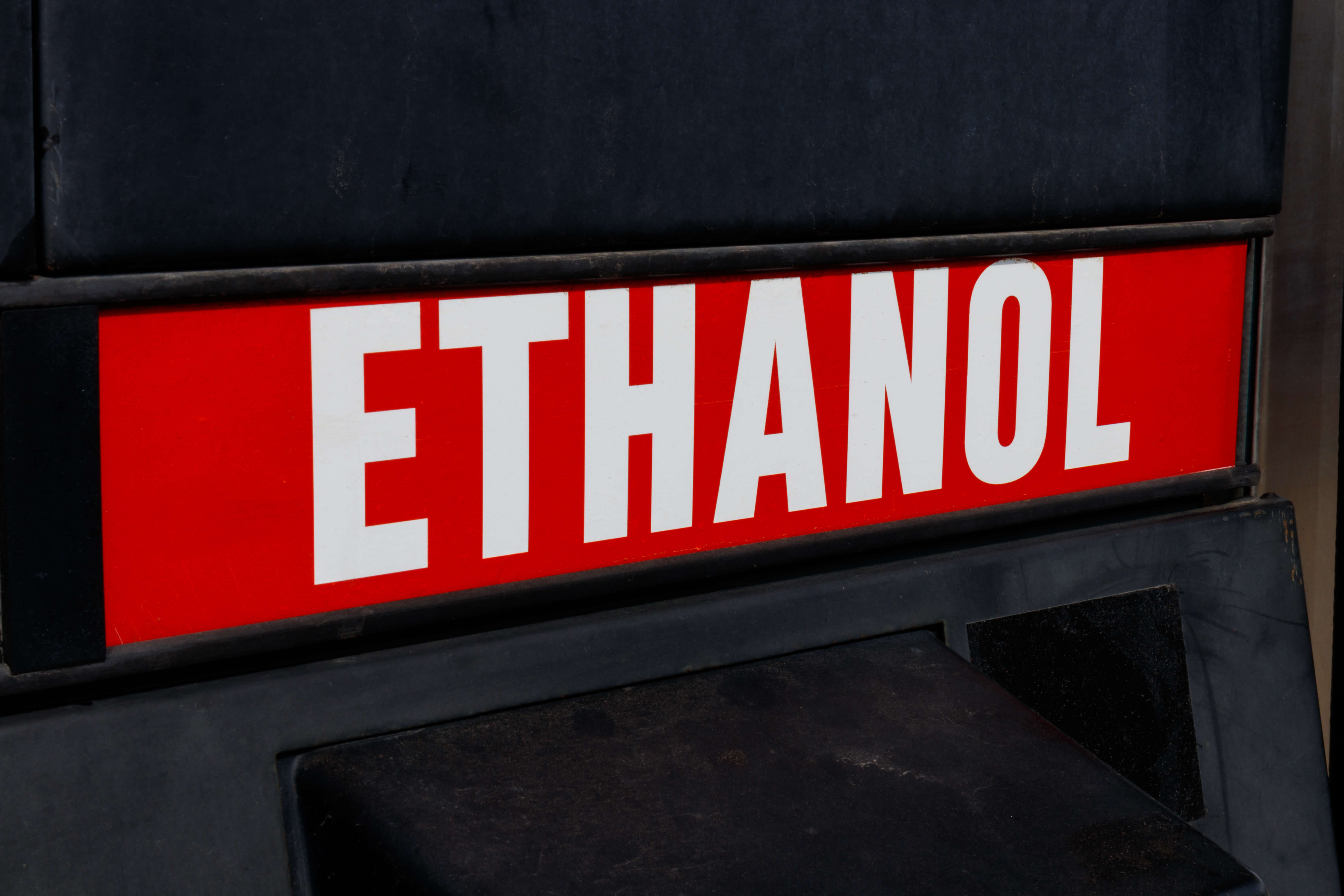Performance Fuels

Should You Consider Running E85?
- Category:
- Fuel Facts
by Grassroots Motorsports
Posted on 9/12/2024

It’s a common question, especially among gearheads: What really happens if you run E85 in a car not designed for E85? The answer, as it so often is: It depends.
For a more detailed answer, we turned to Zachary J. Santner, senior specialist of quality at Sunoco. “There are definitely some compatibility issues,” he explains, adding that ethanol can be tough on parts not designed for it.
What Is E85? Unlike straight gasoline, ethanol contains oxygen–about 34% oxygen by weight. That oxygen can help ethanol-enhanced fuels produce more power than those without.
However, not all E85 fuels are equal. That’s because the E85 designation does not guarantee the exact amount of ethanol found inside, as the EPA allows it to range from 51% to 83%. (As Santner notes, though, Sunoco E85-R always contains exactly 85% ethanol and 15% race fuel.)
Tuning for E85: Heavily oxygenated fuels, like E85, require more fuel volume than traditional fuels. Santner ran the numbers on Sunoco’s E85-R against its 260GT, a 100-octane, unleaded product. The math says that E85-R would require 30 percent more fuel. Your mileage will vary, but that’s a common bump needed when running E85. Delivering that extra fuel will likely require higher-flowing injectors and fuel pump. Expect some tuning, too.
Damage From E85: Will E85 hurt a fuel system not designed for it? It depends. The EPA says that all passenger cars built for 2001 and later can handle E15, meaning they can take some ethanol. Santner cautions that ethanol can act like a high colonic for the fuel system–and all of that freed junk can lead to clogged fuel filters and injectors.
Ethanol is also hygroscopic, meaning it will absorb moisture from the atmosphere. A vehicle designed to run on E85 will feature hardware that can handle damp fuel, especially over time. Can yours? And if not, what can you do to shorten the amount of time that the E85 sits in the tank?
So, back to the original answer: It depends–and you might want to talk to other owners of your make and model who have already made the jump to E85.




